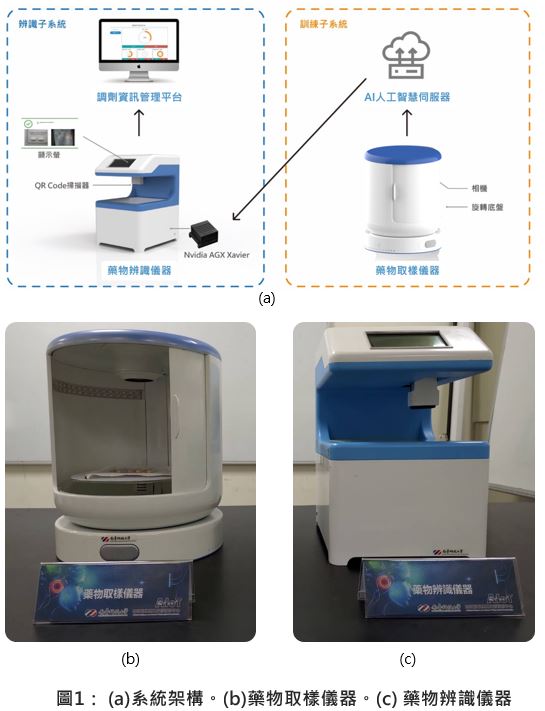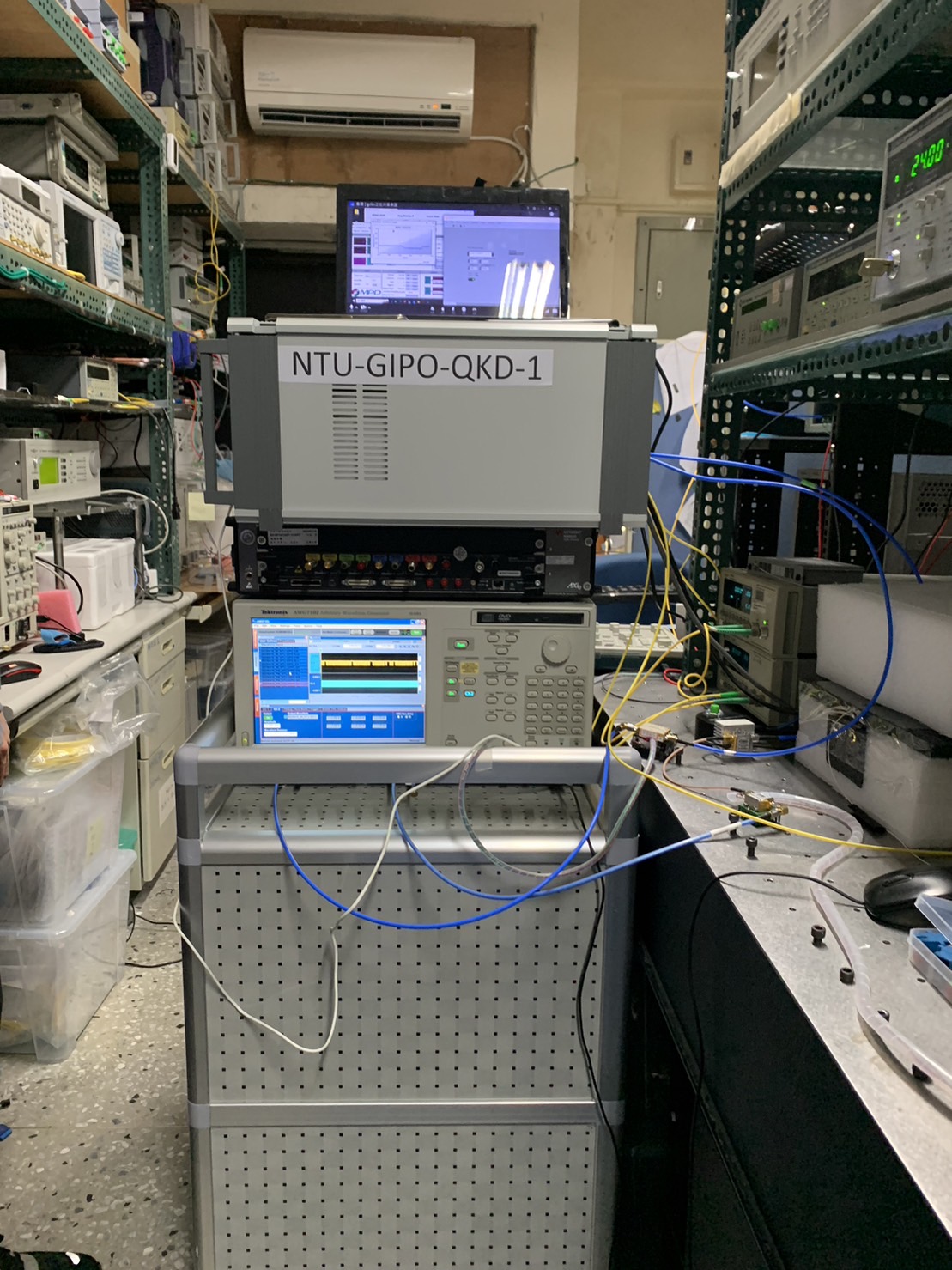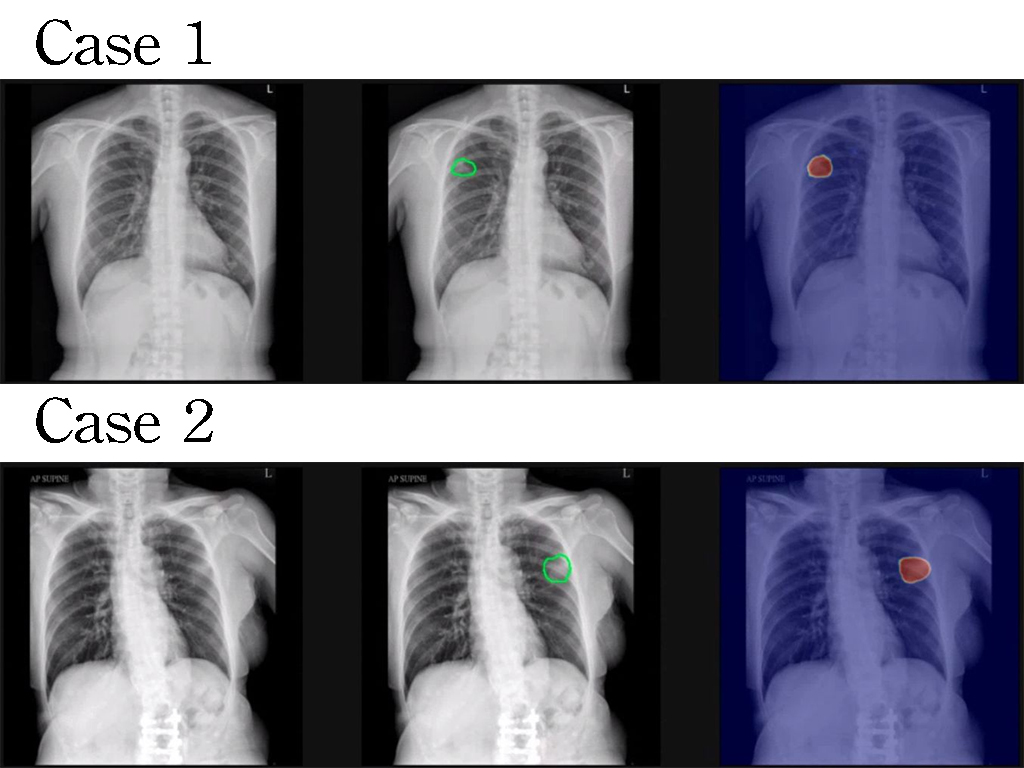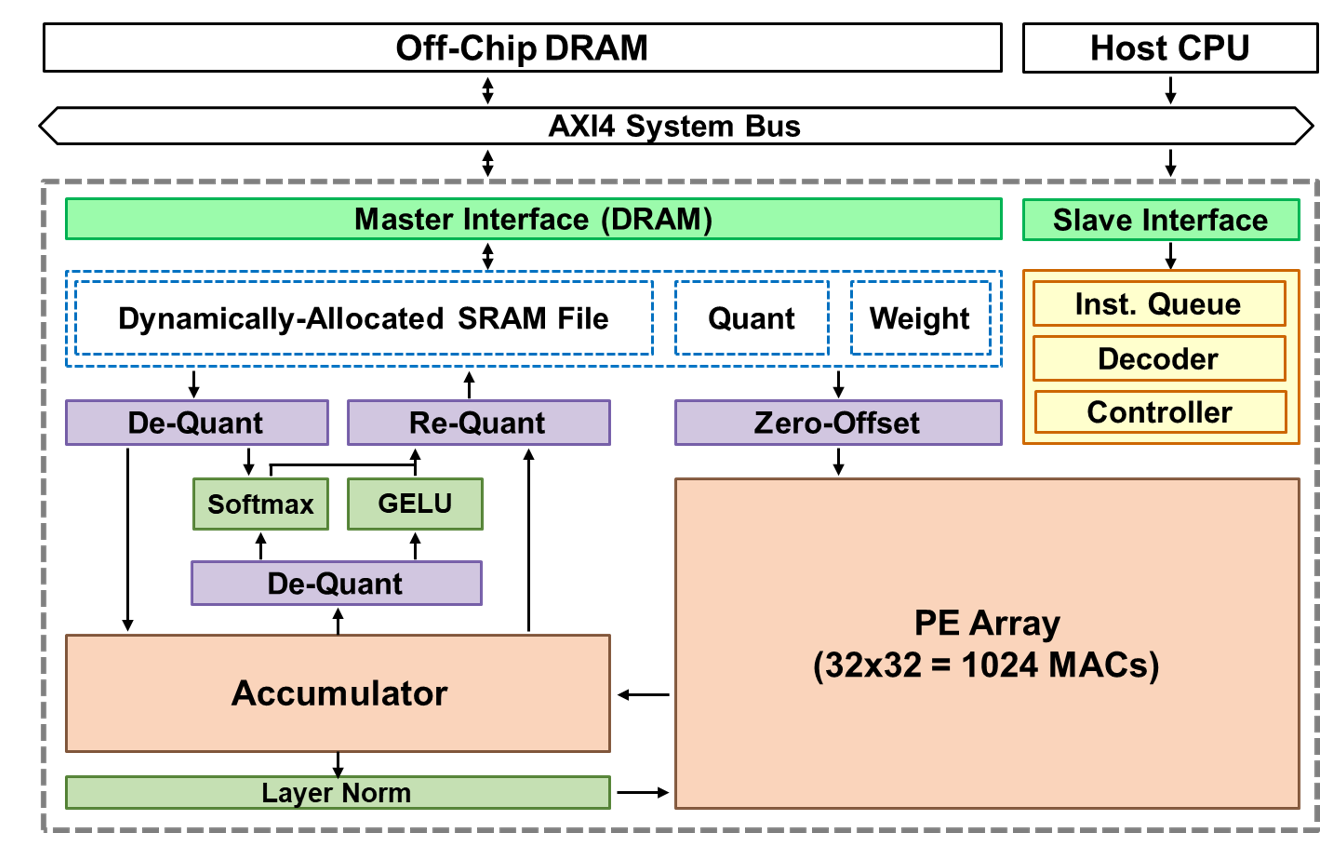| Technical Name | Advanced Applied Materials for Hybrid Solid-State Batteries | ||
|---|---|---|---|
| Project Operator | National Cheng Kung University | ||
| Project Host | 鄧熙聖 | ||
| Summary | Developing composite solid electrolytes, taking into account the optimization of the interface between the positive and negative electrodes, to produce high-voltage, high-safety, and long-life solid-state batteries, and developing a management chip system for multi-cell solid-state batteries |
||
| Scientific Breakthrough | The challenge of solid polymer electrolytes and ceramic electrolytes lies in balancing good flexibility and processability, high ionic conductivity and mechanical strength, as well as excellent compatibility with solid-state electrodes. This study focuses on polymer/ceramic hybrid batteries, delving into the interplay between these materials, including detailed interface modeling and analysis. Our principal objective is to elevate the ion conductivity of the electrolyte to a target of 2 mS/cm and enhance the compatibility between the solid electrolyte and the electrode. These efforts collectively aim to elevate the performance of solid-state batteries. |
||
| Industrial Applicability | With the advent of the AI era, cloud computing is gradually expanding to edge computing devices. Providing reliable energy technologies for edge computing requires both high performance and safety. Through comparative nail penetration tests using lithium-ion batteries assembled with different electrolytes, the results of this project have outperformed international competitors. It is also the only NMC811 lithium battery in Taiwan to have passed the nail penetration test. Due to the enhanced safety, increased energy density, and extended lifespan of the composite solid-state battery technology, it has already attracted collaboration from industries such as AI edge computing devices, drones, and robotics. |
||
- Contact
- Dr. Rita Kuo
- ritakuo@gs.ncku.edu.tw
other people also saw















